Derrel
Mr. Rain Cloud
- Joined
- Jul 23, 2009
- Messages
- 48,225
- Reaction score
- 18,941
- Location
- USA
- Website
- www.pbase.com
- Can others edit my Photos
- Photos OK to edit
Well, the first three songs are likely to mean 12 minutes or less, whereas a 150-minute "talking event" is much longer. Three- and four-second bursts of people talking, or people clapping, are unlikely to yield much that is truly exceptional. On mostly-static events, like people talking at podiums, or audience members clapping, the "action" is not going to change all that much over three or four seconds.
If a flight full of hurdlers in the 110 meter hurdles is approaching a photographer stationed 10 yards behind the finish line, then YES, in three to four seconds there will be multiple types of shots...in-between hurdles, going over, in-between, hurdling, in between, and then going over hurdles. In pole vaulting, you'll get approach, plant,pull,approaching the top of the vault,crossing the bar, pushing the pole away,clean vault or bar knocked off, descent, and impact on the landing pad, and triumph or despair, all in a little more than three seconds. Sometimes shooting across the span of three or four or even five or ten seconds of real,actual,dynamic action makes total sense. If there is a LOT of rapidly-changing action that can make a decent image if the framing is right and the focus is good, burst away and work it as best as you can with your skill set. In other situations, the peak of action exists for only a fraction of a second, and neither the before nor the after are really worth seeing. In baseball, the ball-on-bat is an example. Six FPS is wayyyy too slow to capture anything like ball on bat just by mashing down on the trigger; it is all about the timing the shooter has. At least until you move into the realllllly fast-firing cameras at 20 to 60 FPS.
There is a big difference between being able to actually time a shot and blindly mashing on the shutter for three to four seconds and HOPING that somehow, something interesting occurs. There are also plenty of situations where extended sequential action is best shot using a deep buffer and shooting things "as they unfold". There is composing and firing and working the action while shooting genuine sequential action, and there is zombie-like, blind, ignorant holding down of shutter buttons on basically static scenes.
If a flight full of hurdlers in the 110 meter hurdles is approaching a photographer stationed 10 yards behind the finish line, then YES, in three to four seconds there will be multiple types of shots...in-between hurdles, going over, in-between, hurdling, in between, and then going over hurdles. In pole vaulting, you'll get approach, plant,pull,approaching the top of the vault,crossing the bar, pushing the pole away,clean vault or bar knocked off, descent, and impact on the landing pad, and triumph or despair, all in a little more than three seconds. Sometimes shooting across the span of three or four or even five or ten seconds of real,actual,dynamic action makes total sense. If there is a LOT of rapidly-changing action that can make a decent image if the framing is right and the focus is good, burst away and work it as best as you can with your skill set. In other situations, the peak of action exists for only a fraction of a second, and neither the before nor the after are really worth seeing. In baseball, the ball-on-bat is an example. Six FPS is wayyyy too slow to capture anything like ball on bat just by mashing down on the trigger; it is all about the timing the shooter has. At least until you move into the realllllly fast-firing cameras at 20 to 60 FPS.
There is a big difference between being able to actually time a shot and blindly mashing on the shutter for three to four seconds and HOPING that somehow, something interesting occurs. There are also plenty of situations where extended sequential action is best shot using a deep buffer and shooting things "as they unfold". There is composing and firing and working the action while shooting genuine sequential action, and there is zombie-like, blind, ignorant holding down of shutter buttons on basically static scenes.
Last edited:



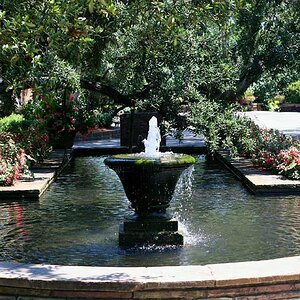
![[No title]](/data/xfmg/thumbnail/34/34057-a5a92fad5f5d96a5945d55a404b0cd27.jpg?1619736257)

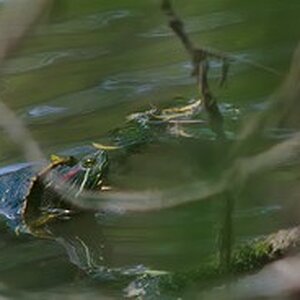
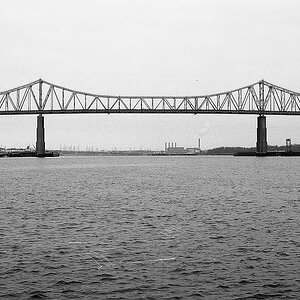
![[No title]](/data/xfmg/thumbnail/37/37603-739c5d9b541a083a12f2f30e45ca2b7b.jpg?1619738147)
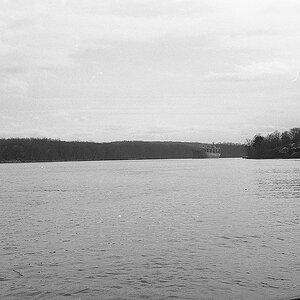
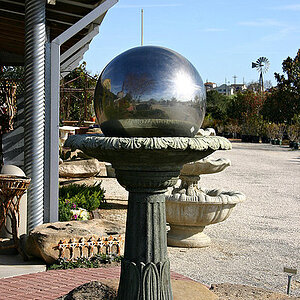
![[No title]](/data/xfmg/thumbnail/37/37124-e3a7364a555409b3504415a982f9dfe0.jpg?1619737883)